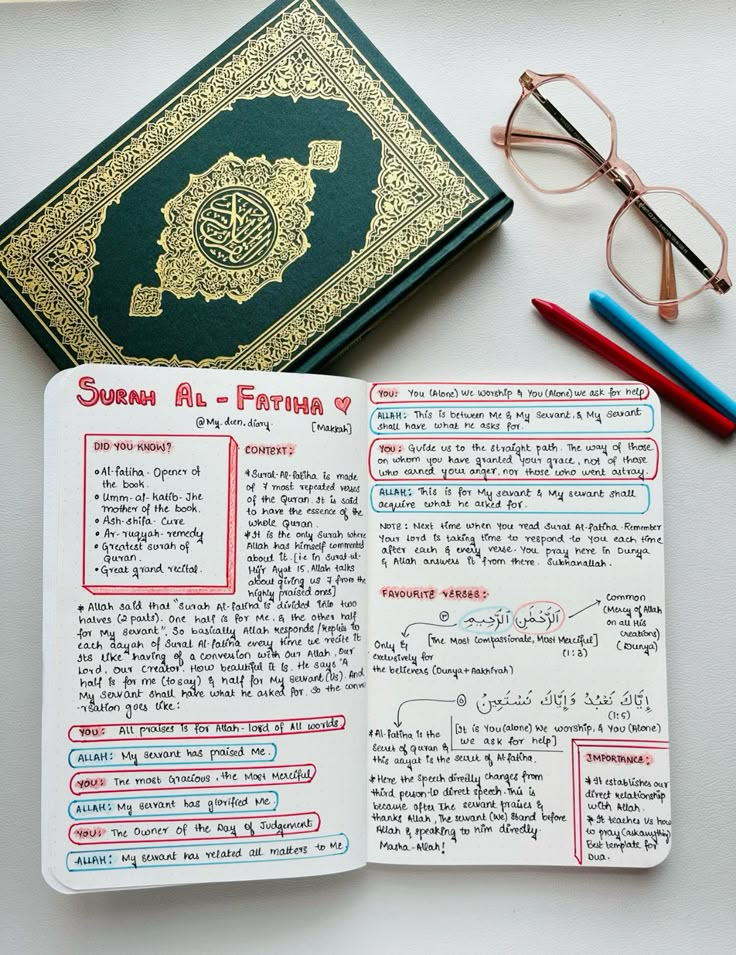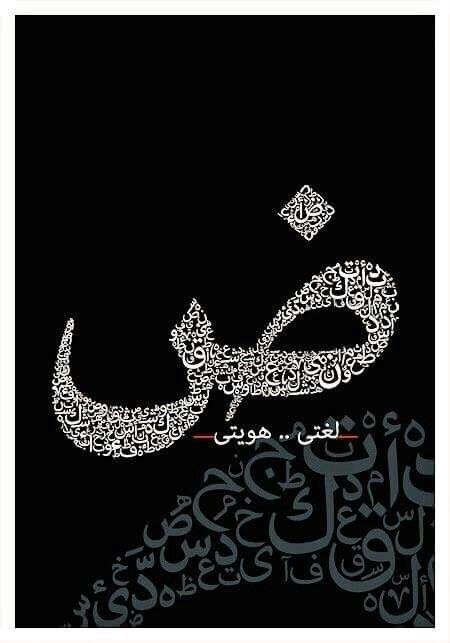The Qur’an is Life
Studying the Noble Qur’an and living in its shade is a bliss beyond compare, a delight beyond all delights. The true loser is the one deprived of this bliss—whose day passes without the Qur’an, and whose actions, activities, and life are void of its light and guidance.
That is why the Prophet ﷺ restricted true excellence in this Ummah to the one who learns the Qur’an and teaches it. Al-Bukhari narrated from ‘Uthman ibn ‘Affan (may Allah be pleased with him) that the Prophet ﷺ said:
“The best of you are those who learn the Qur’an and teach it.” (Sahih al-Bukhari, 5027).
Many noble hadiths highlight the virtue of living with the Qur’an. Among them: Al-Bukhari and Muslim narrated from Abu Musa al-Ash‘ari (may Allah be pleased with him) that the Messenger of Allah ﷺ said:
“The example of the believer who recites the Qur’an is like that of a citron: its fragrance is pleasant and its taste is good. The example of the believer who does not recite the Qur’an is like a date: it has no fragrance but its taste is sweet. The example of the hypocrite who recites the Qur’an is like a basil: its fragrance is pleasant but its taste is bitter. And the example of the hypocrite who does not recite the Qur’an is like a colocynth: it has no fragrance and its taste is bitter.” (Sahih al-Bukhari 5427; Sahih Muslim 797).
The reward for reciting, memorizing, and repeating the Qur’an multiplies your good deeds and raises your status with your Creator. Al-Tirmidhi narrated from ‘Abdullah ibn Mas‘ud (may Allah be pleased with him) that the Messenger of Allah ﷺ said:
“Whoever recites a letter from the Book of Allah will receive one good deed as ten like it. I do not say that Alif-Lam-Meem is a letter, but Alif is a letter, Lam is a letter, and Meem is a letter.” (Jami‘ al-Tirmidhi 2910; Hasan Sahih).
Muslim narrated from ‘Uqbah ibn ‘Amir (may Allah be pleased with him) that the Messenger of Allah ﷺ came out to us while we were in the Suffah and said:
“Which of you would like to go out every morning to Buthan or al-‘Aqiq and return with two large, fat she-camels without committing any sin or cutting ties of kinship?” They said: “All of us would like that.” He said: “For one of you to go to the mosque and learn or recite two verses from the Book of Allah is better for him than two she-camels, three verses are better than three, four are better than four, and so on.” (Sahih Muslim 803).
Allah has promised great blessings for gathering to study the Qur’an. Al-Bukhari narrated from Abu Hurairah (may Allah be pleased with him) that the Prophet ﷺ said:
“No people gather in one of the houses of Allah, reciting the Book of Allah and studying it together, except that tranquility descends upon them, mercy envelops them, the angels surround them, and Allah mentions them to those who are with Him.” (Sahih Muslim 2699).
Al-Tirmidhi narrated from Abu Hurairah (may Allah be pleased with him) that the Prophet ﷺ said:
“The Qur’an will come on the Day of Resurrection and say: ‘O Lord, adorn him.’ So he will be given a crown of honor. Then it will say: ‘O Lord, increase him.’ So he will be given a garment of honor. Then it will say: ‘O Lord, be pleased with him.’ So Allah will be pleased with him. It will be said: ‘Recite and ascend, and for every verse you recite you will gain an extra good deed.’” (Jami‘ al-Tirmidhi 2915; Sahih).
Abu Dawud narrated from ‘Abdullah ibn ‘Amr (may Allah be pleased with him) that the Prophet ﷺ said:
“It will be said to the companion of the Qur’an: Recite and ascend, and recite with tartil (slow, measured recitation) as you used to recite in the world. Your position will be at the last verse you recite.” (Sunan Abi Dawud 1464; Hasan Sahih).
Indeed, when one sees these hadiths about the great reward promised for the one who recites, learns, and lives by the Qur’an, it is no wonder—for Allah sent down this Qur’an to guide His servants from darkness to light. Allah says:
“There has come to you from Allah a light and a clear Book. By which Allah guides those who pursue His pleasure to the ways of peace and brings them out from darknesses into the light, by His permission, and guides them to a straight path.” (Qur’an, Al-Ma’idah 5:15-16, Saheeh International).
He also says:
“Indeed, those who recite the Book of Allah and establish prayer and spend from what We have provided them, secretly and publicly, can expect a profit that will never perish – That He may give them in full their rewards and increase for them of His bounty. Indeed, He is Forgiving and Appreciative.” (Qur’an, Fatir 35:29-30, Saheeh International).
And He says:
“And thus We have revealed to you an inspiration of Our command. You did not know what is the Book or [what is] faith, but We have made it a light by which We guide whom We will of Our servants. And indeed, you guide to a straight path – The path of Allah, to whom belongs whatever is in the heavens and whatever is on the earth. Unquestionably, to Allah do [all] matters evolve.” (Qur’an, Ash-Shura 42:52-53, Saheeh International).
Imam al-Sa‘di (may Allah have mercy on him) said about this verse: He called the Qur’an “a spirit” because, just as the body lives through the spirit, the hearts and souls live through the Qur’an, and the worldly and religious interests thrive by it.
Thus the Qur’an is the spirit by which hearts and minds live, and it is the true light that Allah grants to whomever He wills of His servants. Without it, life is not real life, even if one eats, drinks, breathes, and walks on the earth.
Allah said:
“And is one who was dead and We gave him life and made for him light by which to walk among the people like one who is in darkness, never to emerge from it? Thus it has been made pleasing to the disbelievers that which they were doing.” (Qur’an, Al-An‘am 6:122, Saheeh International).
Ibn ‘Abbas (may Allah be pleased with him) said about this verse: “The one who was dead” means the disbeliever whom Allah guided. “We gave him life” means faith. “And made for him light” means the Qur’an which he believes in and acts upon.
The Qur’an is therefore the light that brings true life and eternal happiness. Among the glad tidings is the hadith of Aishah (may Allah be pleased with her), reported by Muslim, that the Prophet ﷺ said:
“The one who is skilled in reciting the Qur’an will be with the noble, righteous scribes (the angels). And the one who recites the Qur’an and struggles with it, finding it difficult, will have a double reward.” (Sahih Muslim 798).
Imam al-Qurtubi explained: The one who struggles gets two rewards: one for reciting, and one for the difficulty. The skilled reciter is on a higher level, likened to the angels.
How beautiful are these words! Should any Muslim then remain distant from the Qur’an? Even if recitation is difficult, you earn double reward until your tongue flows with the Qur’an like running water, rising to the rank of the noble angels.
At Subul Academy, by Allah’s grace, we provide you with excellent instruction in reading and recitation, helping you move beyond difficulty until you master the Qur’an.
So come, dear brother and sister in Islam—we await you, so that you may prosper, rejoice, and succeed in this world and the Hereafter.





